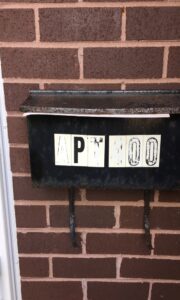After nearly 30 years, the Lennox Island and Abegweit First Nations have reached a historic milestone in resolving a specific land claim for Hog Island, an island off the North Shore of Prince Edward Island.
Specific claims are based on historical grievances over issues like unfulfilled treaty obligations, the loss of reserve lands and mishandled First Nations funds or other assets, according to a news release issued Monday by L’nuey, the organization that represents the two groups on what is now P.E.I.
The two Mi’kmaw communities have accepted a $17.5-million settlement offer from the federal government, the release said.
The agreement is still subject to ratification by a community vote, with a date yet to be set. If ratified, it will mark the first specific claim settlement in the province’s history, the release said.
Chief Darlene Bernard of the Lennox Island First Nation called the settlement an important moment in the history of P.E.I., or Epekwitk, the Mi’kmaw name for the Island.
“Whether it is co-management agreements over protected lands, acknowledgements of the importance of Mi’kmaw history and culture in Epekwitk or the settlement of specific claims like this, they are all steps in our reconciliation journey, and we need to celebrate them all,” she was quoted as saying in the release.
A decades-long fight
The claim dates back to 1942 when the federal government originally purchased the islands that make up Hog Island to be part of Lennox Island First Nation.
Hog Island is narrow and roughly 15 kilometres long, comprised of George Island, Fish Island and Bill Hook Island. It is not connected to the mainland but is accessible by boat.
It was, however, never given reserve status and is still owned by the federal government, so the specific claim was filed in 1996, citing a breach of Canada’s fiduciary duty in failing to add the lands to the Lennox Island Band reserve.



